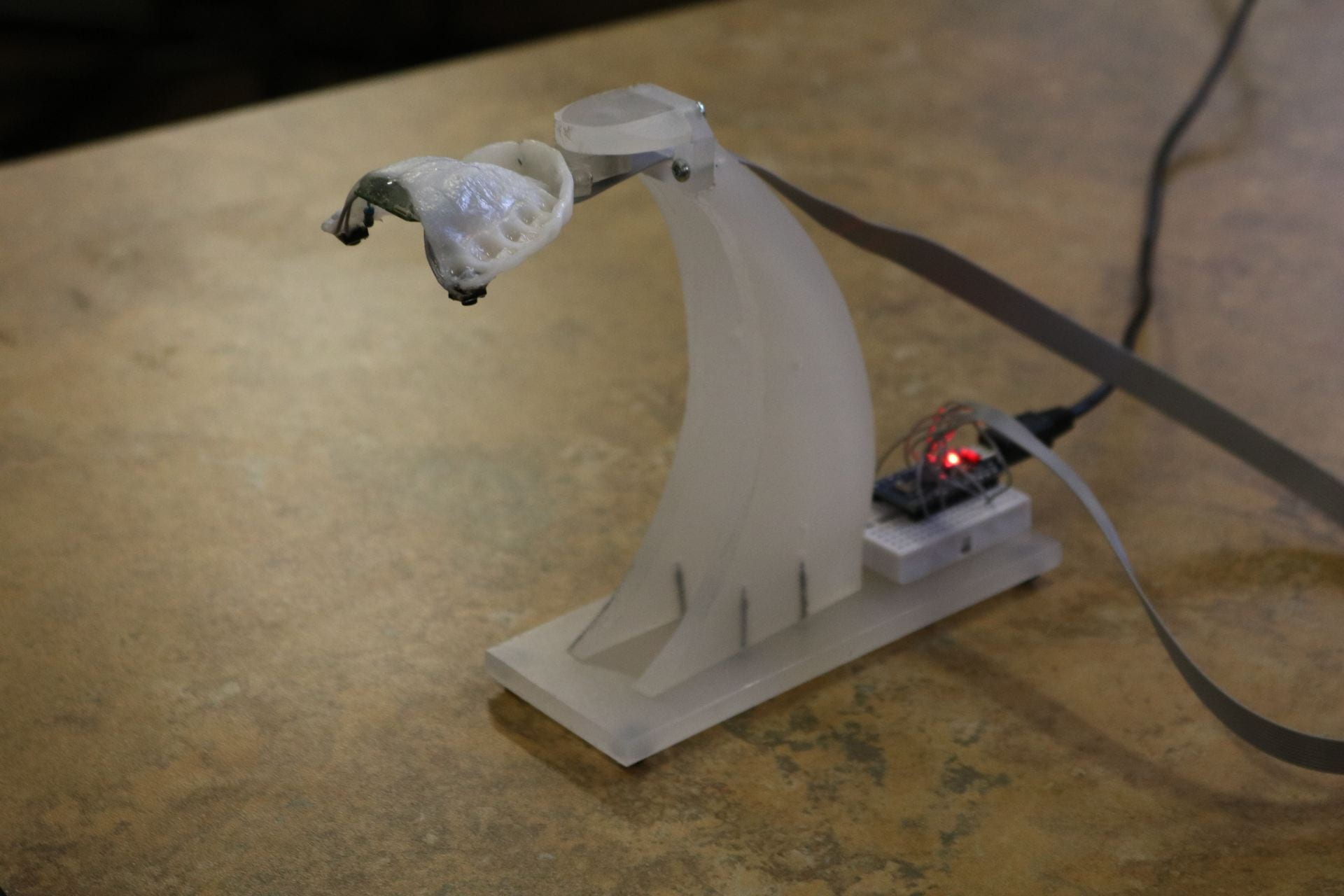Michael Laffin, Kyle Cleven, Dexter Rausch
Productivity in our modern world depends primarily on how well people can utilize computers. From everyday tasks to high-profile jobs, a critical factor is often the effective usage of these tools. To a majority of the population, this is taken for granted as a fundamental, yet simple task. However, for individuals with quadriplegia or earlier stages of ALS, the task of using standard computer peripherals can prove to be nearly impossible. The ATOM (Adaptive Tongue Operated Mouse) was developed to eliminate the restrictive nature of related assistive computer access technologies, while offering an efficient and affordable solution. Our team of freshman design and engineering students presented an operating prototype at the 2018 UW – Stout STEMM Expo, where it was critiqued and suggestions for improvement were collected. The finalized design offers functionality comparable to a conventional computer mouse, with the cost of materials totaling less than $25.
Michael Laffin, Kyle Cleven, Dexter Rausch won the 2019 RERC on AAC Student Research and Design Competition for their work on the Adaptive Tongue Operated Mouse (ATOM). The ATOM project was also the recipient of the People’s Choice Award at the RESNA Developer’s Showcase.

